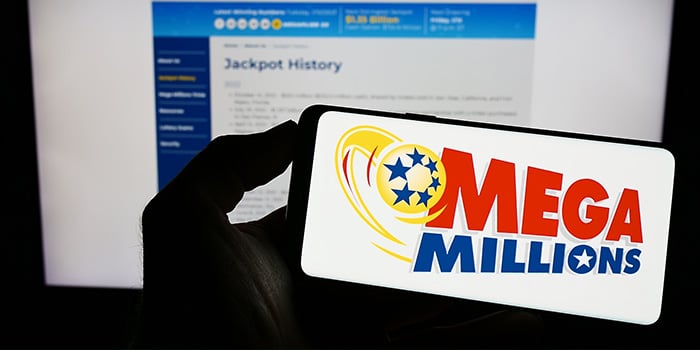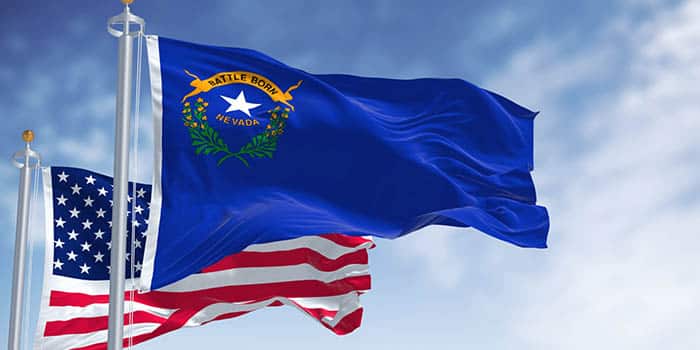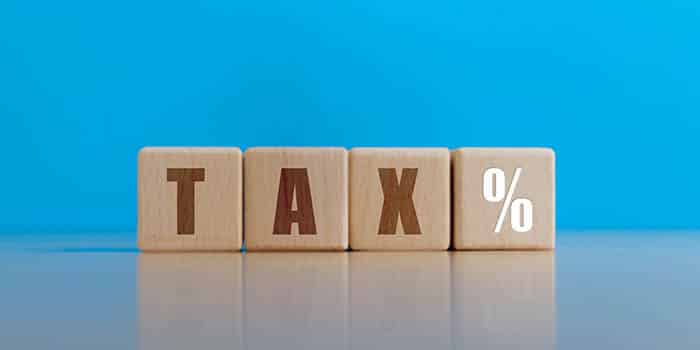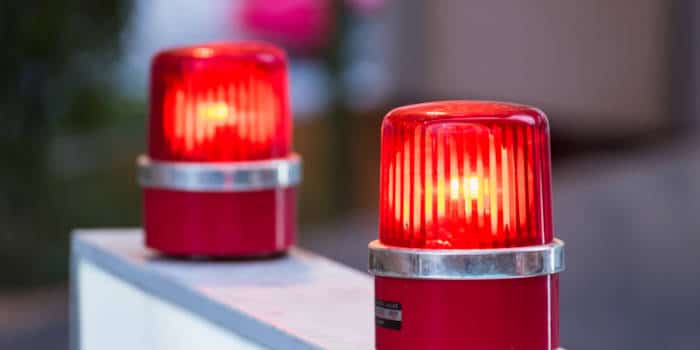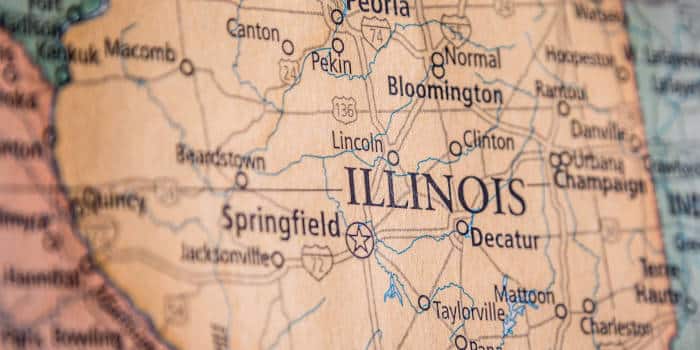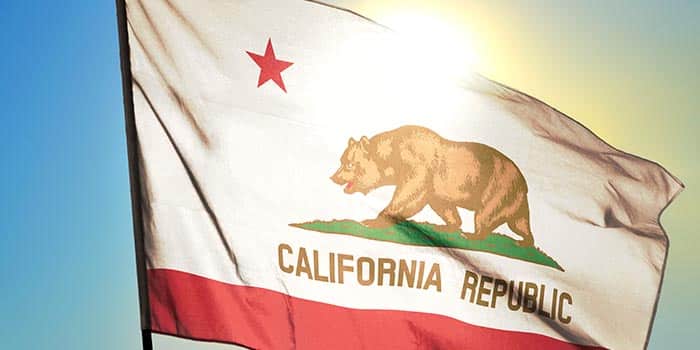Fact-checked by Angel Hristov
GambleAware Urges Health Warnings on National Lottery Over Addiction Risks
GambleAware has developed a series of health warnings, already tested through research, including messages such as “Gambling comes at a cost,” “Gambling can be addictive,” and “Gambling can grip anyone”
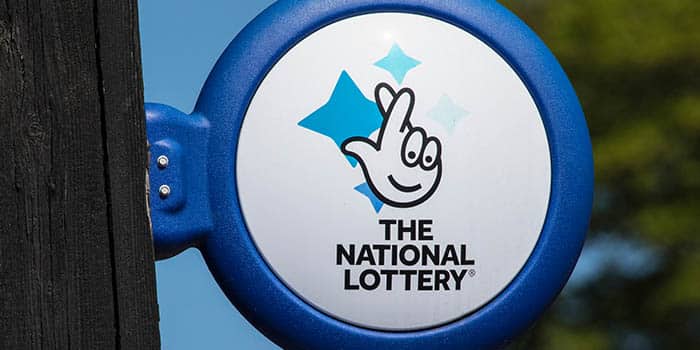
GambleAware, the UK’s leading charity supporting individuals with gambling problems, has called for health warnings to be added to The National Lottery, citing increasing evidence that it can serve as a gateway to problem gambling and addiction.
GambleAware Calls for Stronger Health Warnings on the National Lottery
GambleAware stated that health warnings and “safer gambling measures” are among the most effective tools for raising awareness about the health risks associated with gambling. The organization emphasized the importance of such interventions in addressing the disproportionate exposure of children and young people to gambling. While children report high levels of exposure to gambling advertisements, they are less likely to recall any accompanying health messages. This, according to GambleAware, highlights the need for operators to use health-related messaging more frequently and ensure it is given greater prominence.
GambleAware has developed a series of health warnings, already tested through research, including messages such as “Gambling comes at a cost,” “Gambling can be addictive,” and “Gambling can grip anyone.” Andy Boucher, Chair of GambleAware’s Board of Trustees, stated that the National Lottery is widely viewed by the public as a force for good in the community. Therefore, he argued, it has a responsibility to also safeguard the well-being of those who participate.
GambleAware emphasized that Allwyn, the current operator of the National Lottery, has previously claimed that “player safety is our top priority” and stressed that the company must uphold that commitment by taking an active role in preventing gambling-related harm.
In response, a spokesperson for Allwyn stated that the company directs players to a variety of frontline gambling support services through the National Lottery’s website, communications, products, and marketing. All scratchcards and draw-based game tickets, the spokesperson noted, include information about GamCare and the National Gambling Helpline, which is operated by GamCare and commissioned by GambleAware.
Here Are Some Numbers
The charity highlighted established research showing a clear link between early exposure to gambling and an increased risk of experiencing harm later in life. According to GambleAware, people with gambling addictions are more likely to participate in the National Lottery than in any other form of betting. Among the 30% of the population who purchase at least one National Lottery product weekly, an estimated 600,000 are considered problem gamblers.
These individuals make up 3.9% of all lottery players, with the proportion rising to 7.7% for those using scratchcards and 8.2% for those engaging in instant-win games. GambleAware argued that the high number of addicts participating in the lottery underscores the need for health warnings and clear signposting to support services. Furthermore, the research found out that Children are increasingly being drawn into playing the lottery through marketing tactics such as chocolate-scented scratch-and-sniff cards, Christmas scratchcards that double as gift tags, and even musical scratchcards.
It seems that GambleAware’s project is also supported by the public. In a survey of 18,000 adults, 74% supported the inclusion of information about gambling harm and support services on National Lottery products. More than 80% agreed that the lottery is a form of gambling, while 46% rejected the belief that it is harmless.
Stefan Velikov is an accomplished iGaming writer and journalist specializing in esports, regulatory developments, and industry innovations. With over five years of extensive writing experience, he has contributed to various publications, continuously refining his craft and expertise in the field.
